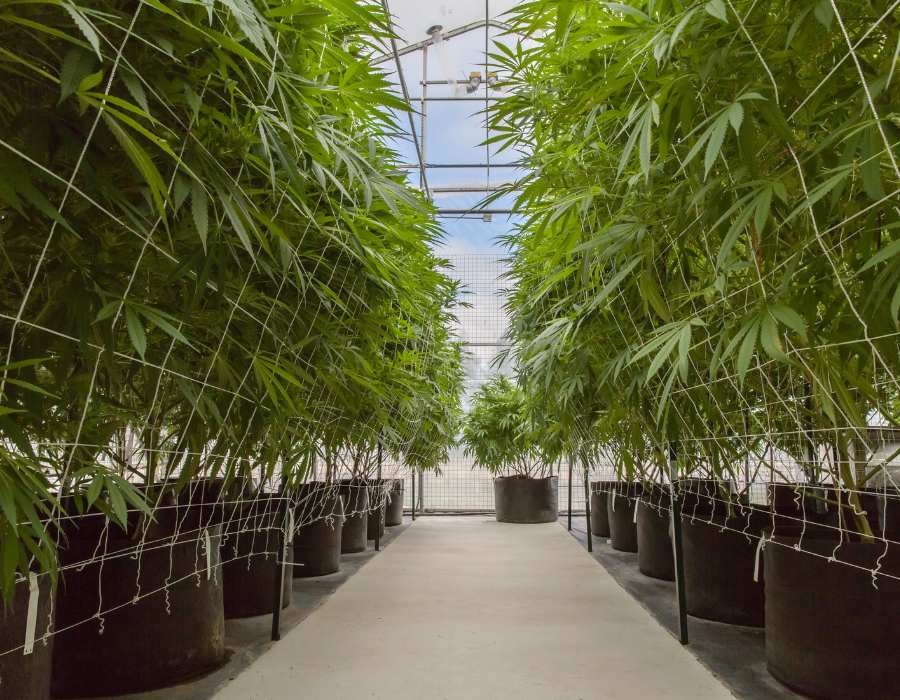In what could be a watershed moment in cannabis fight for full legality and legitimacy, a United Nations Commission finally voted on Wednesday to remove cannabis for medical purposes from a category of the world’s most dangerous drugs.
U.N. Reclassifies Cannabis as a Less Dangerous Drug
The vote by the Commission for Narcotic Drugs which includes a total of 53 member states, considered several recommendations from the World Health Organization on reclassifying cannabis and its derivatives like CBD and THC.
However, attention was focussed on one principal key recommendation; To remove cannabis from Schedule IV of the 1961 Single Convention on Narcotic Drugs – where, preposterously, it had been classified as being as dangerous as highly addictive opioids like heroin.
The WHO first made the recommendations for changing marijuana’s classification in 2019 but had faced plenty of opposition with the subject, perhaps expectedly, proving to be a particularly divisive one.
Still, despite plenty of opposition from some parts of the world, the reclassification passed narrowly by 27 votes to 25, with Ukraine abstaining from the vote. Amongst those to support the changes were the United States. and other European nations like France and Spain, while those opposed, included China, Egypt, Pakistan and Russia.
Research Potential Set to Grow
The highly anticipated and long-delayed decision could open the doors for a significant expansion of marijuana research and medical use with cannabis advocates believing the vote represents an important change from what many saw as a grossly out-dated international law.
However, some experts have tempered excitement by suggesting that the vote to remove cannabis from the list of schedule IV classified drugs will have no immediate effect with respect to the potential loosening of international control, as individual governments of each member state will still have the final jurisdiction over how to classify cannabis.
Still, while this recognition from the U.N. has been described as a “symbolic victory” there has to be an expectation that the vote could lead to a significant expansion of medical research while a greater legitimacy in the fight to legalise cannabis across the globe has certainly been added with this historic decision.
